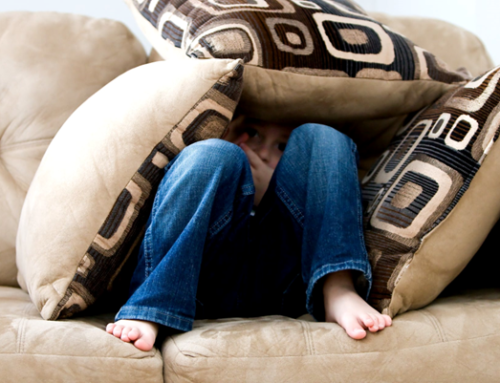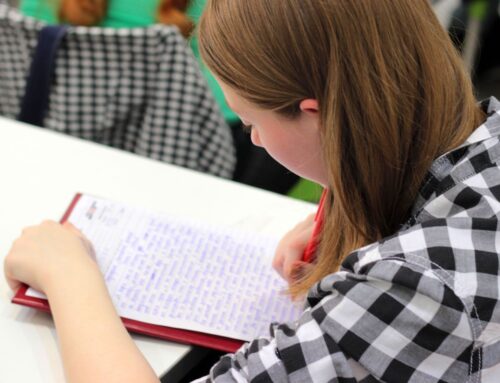Feeling overwhelmed? Of course you are!
Parenting today is a challenge for parents that are:
- Busy and short of time
- Juggling school, work, holidays and extracurriculars
- Worrying excessively about their kids
We are parenting in a constantly changing world. The Pandemic, weather events and the high cost of living are just recent examples of disrupting stressors for families. Disruption disconnects. However, disruption can also provide an opportunity to reconnect.
We can begin to balance this equation by increasing connection and building rapport even when we’re busy, juggling agendas and feeling worried. It may sound even more overwhelming, but the truth is, making time for family connection is a necessity not a nice to have.
We can build and strengthen connection with our children by implementing a regular school routine, having regular meals and getting up going to bed at the same time. These basic rhythms build familiarity and a sense of belonging.
I’m Busy And Short Of Time!
Parenting is a giant experiment in raising our awareness of ourselves and of others.
It sounds counterintuitive, but if we want to go faster we need to slow down. We need to focus on the tiny human exchanges that really matter. These can get lost in busyness, unless we know where to look for them.
When we slow down in the moment and reflect on what is happening we are consciously observing. Consciously observing when our child throws something across the room or struggles in another way is powerful. This is because we are gaining information which gives us clues about our children’s needs. Do they have trouble regulating emotion? Is there a need for them to develop more emotional literacy? By raising our awareness, being a conscious observer, helps us to understand ourselves better and gives kids an opportunity to self-evaluate.
As the adult in the room the choices we can make will determine what happens next. We can choose what to do in the moment. We can respond by offering a hug or a glass of water. We get to set the tempo and to help reset the mood. The more we do this, the more we are demonstrating how to regulate our emotions as well as modeling how to do it, even when time is short.
The stronger our connection is with our child, the safer they will feel and the better they will behave. Remember that all of us are more than how we behave. We can stand back a bit as that conscious observer and pay attention. Every interaction gives us an opportunity to learn what we can do to help children. We can focus our time and our energy in this area instead of reacting to events. It’s worth slowing down if you want to go faster.
I’m Juggling School, Work, Holidays And Extra-Curriculars!
We all have 168 hours in the week, so this really comes down to time-management. The juggle is real so we need to be clear about what really matters and what is less important to us.
The first thing we need to do is to limit the amount of things that are controlling us in the moment. These are things that make us feel like we are not in charge. We react to them. They take our energy and we can often feel depleted by them. Examples of these things would include suddenly finding we have no petrol in the car or clean PE gear for the children. The solution to this is to establish a set routine so that on a day when we have more time we get the laundry done and the car filled up. Of course we can’t refuse to act on an emergency like an illness in the family. This makes it more important to reduce what is controlling us and our time so we have enough in our own tank to respond to the emergencies we can’t plan for.
Next we can simplify the juggle by eliminating low value distractions. These are additional things that aren’t critical like food in the fridge but will nonetheless grab our time unless we set a boundary. Other people’s urgent issues can so easily become our urgent issues. We like to help and we often do more for others than we would do for ourselves. It takes practice to say no to the person who is asking for our help with the school bake sale. No need to be aggressive. Just politely and clearly say “Thanks for asking. I hope you ask me again, but for this week I have to say no.” Switch the phone onto silent for the after school period and pick up calls and messages later in the evening.
The more low value concerns you eliminate, the more time you’ll have for high value activities. Exercise, sleep, planning trips or study are all high value. These are the things we reap rewards from and make us happier, better parents to be around.
I’m Worrying Excessively About My Kids!
Part of caring about our kids is worrying about them. It’s perfectly natural – and it may actually help you stay alert to potential issues. But no parent should be living in a constant state of worry. You don’t want to be waking up in the morning thinking – “Will my kid eat dinner tonight?” or “I hope they don’t get kicked out of class today!”
Worry that becomes excessive is a worry. Sometimes when we are full of worry we can struggle to control our reactions. Many times as parents we think, “I am supposed to stay calm and in charge and kind, but I don’t know how.”
Emotions are contagious so when we are calm children are more likely to learn how to process their own emotions. There are a lot of benefits to being calm when kids are not. It is much easier to be calm, alert and focused when we know what to do. With the right parenting skills in our toolbox and time to practice with them, we are able to meet the need. There is no magic power. Being calm all the time isn’t realistic but it’s a skill we can all learn and get better at.
Let’s Take It One Step At A Time
Parents juggling school, work, holidays, extracurriculars and worry can do a lot to help balance stressors and simplify family life. We can take action to do what we need in the time we have. We can prioritize high value activities and interactions. We will end up with more of what we want and more energy to deal with the unexpected. We know that kids don’t need perfect parents, they need good enough ones who are doing the best they can with the skills they have.
If you are interested in adding to the skills in your parenting toolbox, you want to know how to be calm when your child is not or you’re curious about what parent coaching can offer, please reach out to me at Justine@gtgparenting.co.nz




